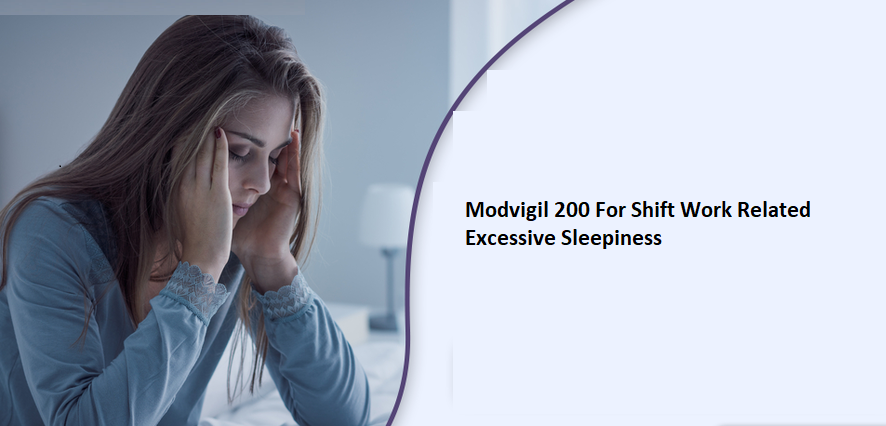- Sleep is a crucial part of our daily lives and our entire life cycle. It’s becoming increasingly apparent that problems sleeping are getting widespread across the globe. Insomnia affects nearly a third of adults, the survey finds. They may suffer from conditions such as daytime tiredness, nighttime awakenings, snoring, or obstructive sleep apnea.
- A lack of energy throughout the day may have been a result of the sleepy days. Excessive daytime drowsiness can result from a wide variety of underlying diseases and circumstances. Sleep disorders like narcolepsy, hypersomnia, and insomnia can all contribute to a lack of energy and alertness during the day. Many of our regular practices, diets, and behaviors can contribute to sleep issues.
Let’s talk about how sleep is linked to various diseases and conditions
Narcolepsy
- Chronic daytime sleepiness is a common symptom of this sleep disorder. A narcolepsy is a form of neurological disorder in which the brain loses its capacity to control the body’s sleep-wake cycle.
- About two hundred thousand people in Australia suffer from narcolepsy.
- People have a hard time getting a good night’s rest. They may have two or three awakenings and then be extremely sleepy the following day. Medication, such as Modalert and Modvigil 200, is an excellent approach for people with narcolepsy to cut down on their excessive daytime sleepiness. Anyone of any age can be affected by this illness. Between the ages of 7 and 25, this condition tends to worsen. Buy Modafinil smart pill online at a cheap price at Smartfinil.
Syndrome de l’intestin irritable
- Restless legs syndrome (RLS) is characterized by involuntary leg movements during sleep. Leg pain is a common complaint among those suffering from this illness. Occasionally, RLS will affect not just one area of the body, but numerous.
- These symptoms often manifest in the evening and result in severe daytime sleepiness (drowsy days). There are many approaches you can take to deal with these issues, but following medical guidance is always the best option. One of the worst conditions is insomnia, which could develop as a result of this.
- Iron and vitamin B-12 supplements can be used to treat RLS if taken in the correct dosage and in accordance with your doctor’s orders. Moreover, there are medications that can assist lessen your RLS symptoms. You can keep these under control by forming new routines, such as avoiding the use of tobacco, caffeine, and alcohol.
Sleep Apnea
- Unbeknownst to them, many people are influenced by this.
- Sleep apnea is when a person’s upper airways close off for a period of time (usually 5-10 seconds) while they are sleeping. Perhaps it will keep happening all through the night.
- Constant positive airway pressure is effective in treating the symptoms of obstructive sleep apnea in many patients (CPAP). If non-medical methods have failed, you may choose the surgical intervention.
Depression
- Signs of depression include feelings of persistent sorrow, worry, and hopelessness. Fatigue, difficulties focusing and remembering, and general forgetfulness are other red flags. Sometimes things that used to be delightful lose their luster.
- Sleepiness and insomnia are strongly linked to shifting work and mental health difficulties. It’s not always easy to tell which comes first, depression and sleeplessness, or sleeplessness and depression. In some cases, both may be true. It’s possible that some of the causes and treatments for depression and insomnia are similar.
- Medication, such as Waklert or Artvigil, counseling, changes in one’s lifestyle and habits, and other treatments are all viable options for curing depression. Different therapies are required for various forms of depression.
Hypersomnia
- Patients with this disease suffer from extreme sleepiness during the day (drowsy days) and need significantly more sleep than is typical. Several medical conditions, such as narcolepsy, epilepsy, Parkinson’s disease, depression, etc., are major contributors to this.
- Doctors often prescribe narcolepsy medication to patients suffering from this condition.
Insomnia
- Insomnia is a major public health issue that affects millions of people every night.
- The stresses of daily life, as well as those at work, relationships, separation, and loss, can all contribute to a lack of sleep.
- Problems sleeping might be difficult to treat. A doctor may suggest the short-term use of safe sleeping pills. If you’ve tried sleeping medicines without success, your doctor may prescribe a wakefulness-promoting drug like modafinil or armodafinil.
- There are ways to combat these symptoms of afternoon sleepiness (drowsy day). Never mix nicotine, alcohol, or caffeine, as all three are known to keep you awake.
- Eating irregularly also relates to a variety of sleep-related problems, so you should work to improve this aspect of your daily routine.
Sleep is important, but so is how you live your life
- Strangely, almost no one pays attention to these foundational elements, despite their obvious significance to the quality of our nightly slumber. Sleep affects not only when we rise and eat but also when we work and socialize.
- Shift work increases the likelihood that an individual will have trouble sleeping. Because of their efforts to interfere with the natural order of things, this is happening. This is one of the primary causes of the widespread sleep problems seen by those who work rotating shifts. Those people are the ones that typically experience excessive daytime sleepiness.Read More: businessread.co

